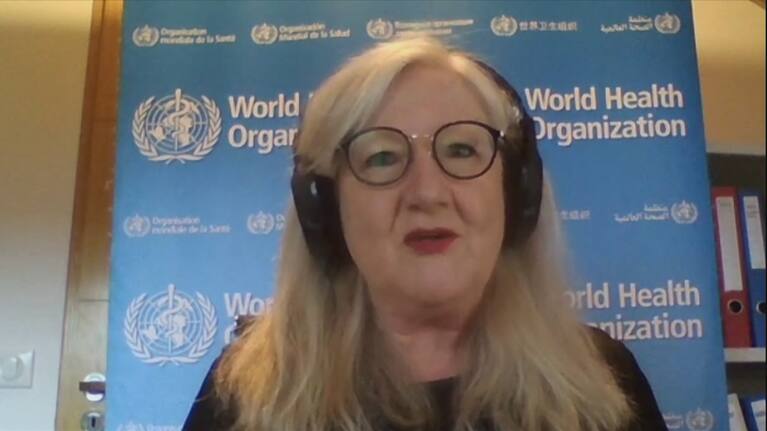In a "worst case scenario", Covid-19 could evade the current vaccines if the world doesn't get the vaccination roll out right, a World Health Organization expert says.
Epidemiology and public health expert Dr Margaret Harris this morning told Breakfast the world is still in the "critical phase" of this pandemic, with new more contagious mutations of the coronavirus becoming around the world.
While Covid case numbers in India are dropping, there are new outbreaks across the Americas. Parts of Europe, including the UK, are seeing an uptick in cases again and the curve is rising rapidly in Africa, Harris said.
"The whole world is still very, very, very much under threat by this virus.
"We could indeed be looking at years but what is going to be the key is the speed at which we can start get vaccinating around world and I mean in every country."
If we don't, Harris said there is serious risk Covid-19 could evolve stronger than current available vaccines.
"If we vaccinate in just the countries with greater resources we will see the developments of variants in other countries. We've already seen that, we've already seen the Delta variant which is more transmissible and causing these rises in many other countries," she said.
"The worst case scenario is we will see variants that can evade the vaccine so then we will be playing catch up with vaccines, so now the critical thing is to roll out those vaccines and the speed and efficiency with which we can do that will pretty much govern how quickly we can come out of this."
"Right now, a big thank you to New Zealand for also supporting roll out of vaccines to the Pacific Island nations nearby, for being an extremely good neighbour - that has helped start the vaccination in many countries, but the big job now is to get on at it and get all the people who need to be vaccinated vaccinated as quickly as possible."
Harris said public health measures to suppress any outbreaks, which New Zealand and other countries are still "the poster child" for, go hand-in-hand with a good vaccination management plan, where health workers and elderly should get the jabs first.
But she said she is hopeful: "We are going to beat it.
"It was a hope that was sort of seeded in my heart the first month of this outbreak, before it has even become a pandemic, was that all scientists in world got together and they shared their data and they shared their knowledge, their knowledge of what this family of viruses did and how it might be possible to develop a vaccine," she said.

"Now that was back in February 2020, but the middle of that year there were already vaccines being trialled.
"It was extraordinary to see how the commitment, the genius of humanity came together and worked in solidarity."


















SHARE ME